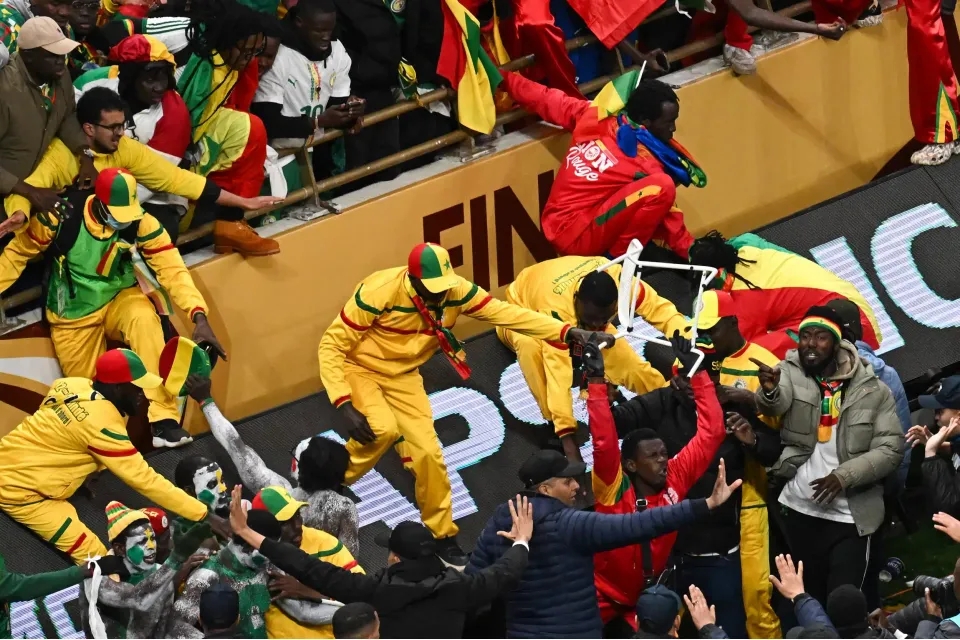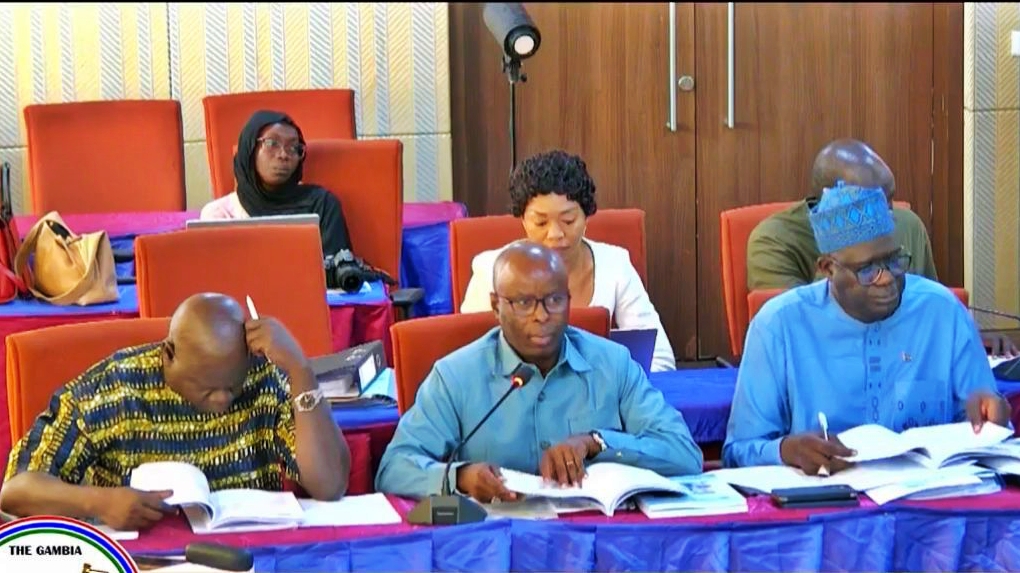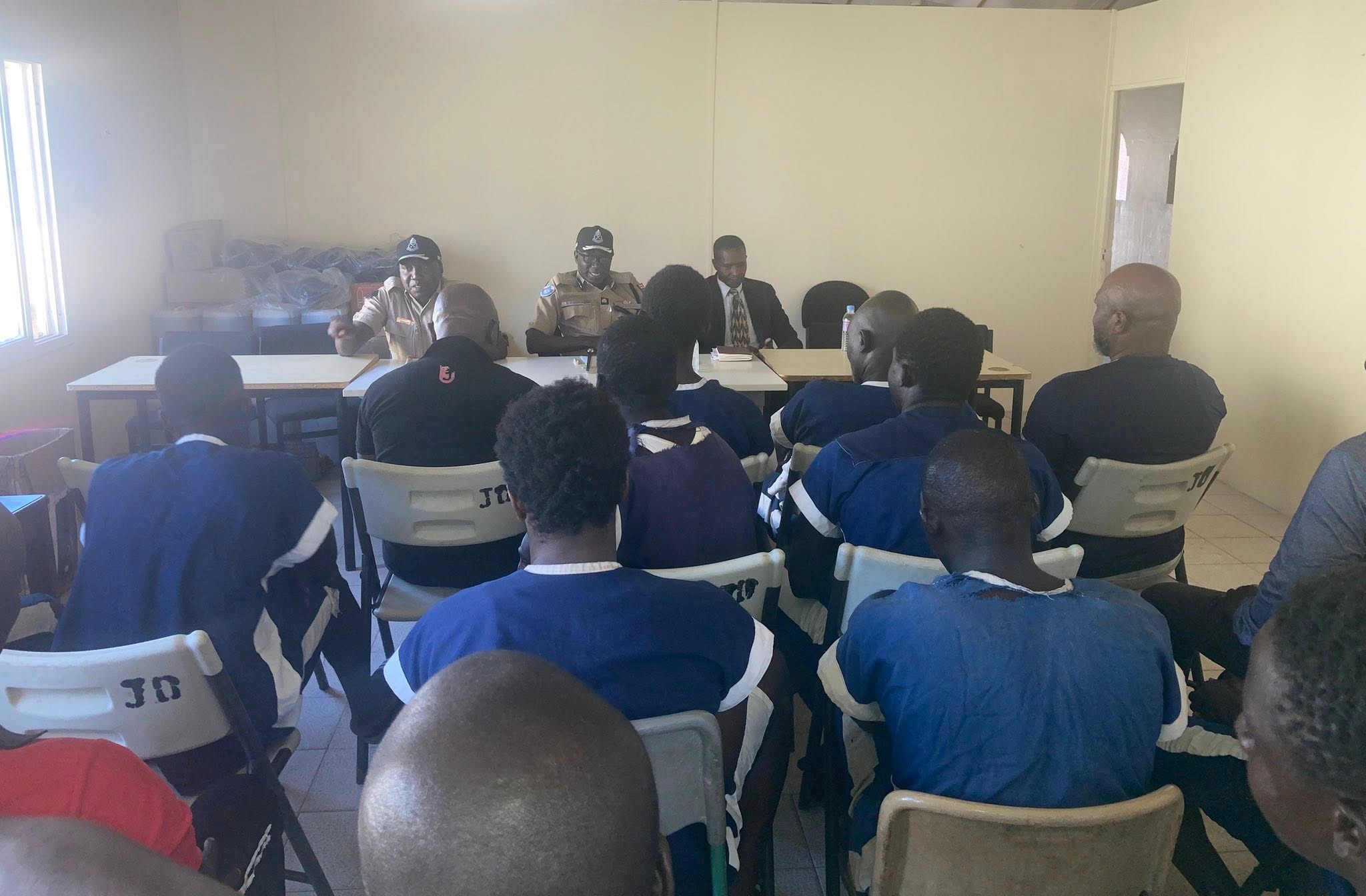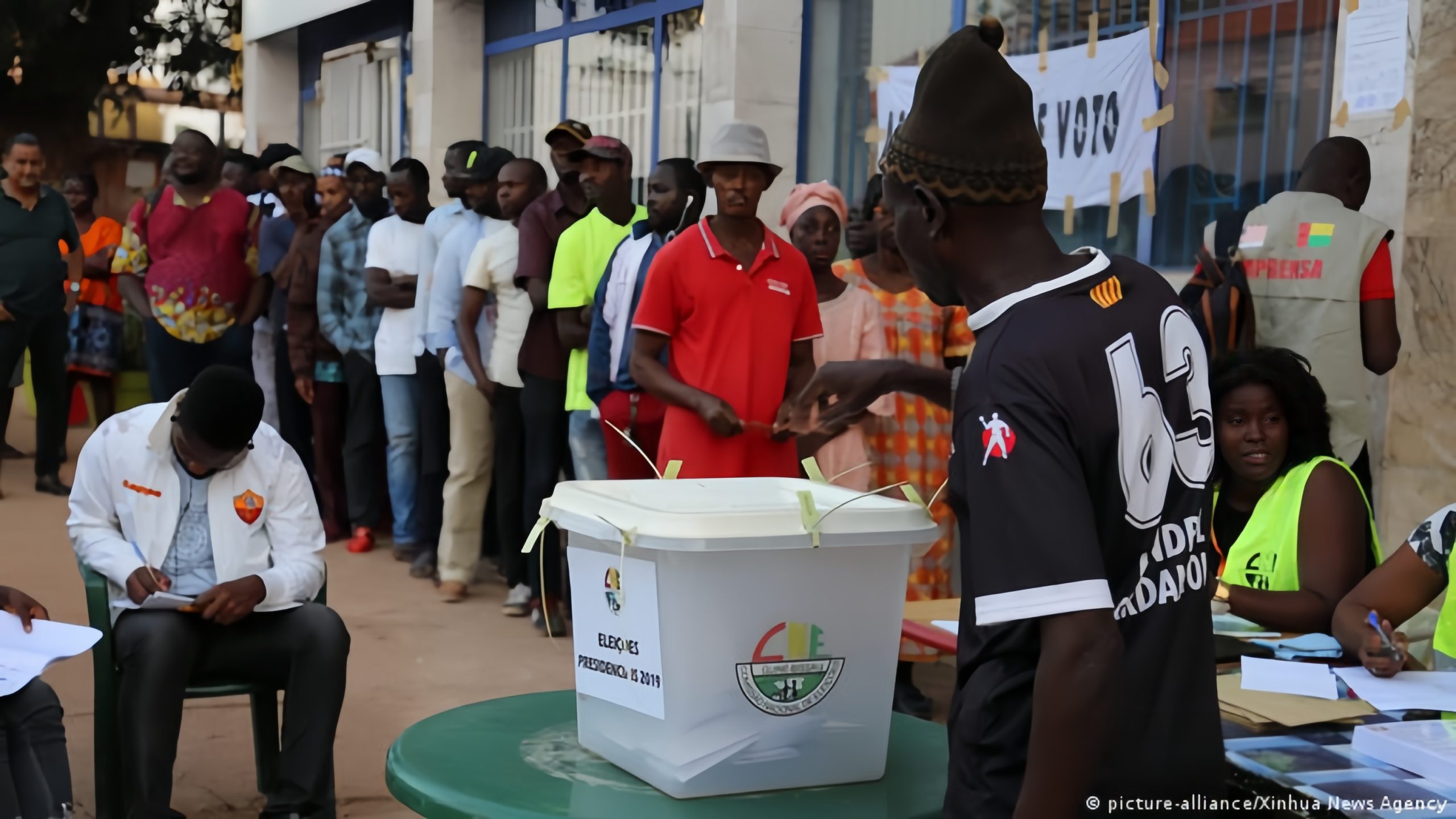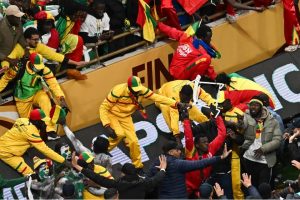Gambiaj.com – (BISSAU, Guinea-Bissau) – Nearly one million voters in Guinea-Bissau headed to the polls today, Sunday, November 23, 2025, to elect both their next President and the 102 members of the National People’s Assembly (ANP) in a crucial general election.
With 966,152 registered Guinean voters called to participate, the results of this combined vote will determine the country’s leadership for the next four years, with the party or coalition that secures the most parliamentary seats earning the mandate to form the new government.
Election Logistics and Observation
Polling stations across the nation and in the diaspora (Africa and Europe) opened promptly at 7:00 AM and are scheduled to close at 5:00 PM.
The National Elections Commission (CNE) mobilized an extensive network, setting up 3,728 polling stations. To manage the election, the CNE deployed 2.4 million ballot papers from the National Printing Office (INACEP) for distribution across the 29 electoral districts.
The electoral process is under intense scrutiny from the international community, with more than 200 international observers on the ground.
Key monitoring bodies include ECOWAS with 120 observers, the African Union with 30 observers, the CPLP (Portuguese-Speaking Countries) represented by 22 observers, and other groups, including observers from Nigeria, the G7+, and Swiss NGOs.
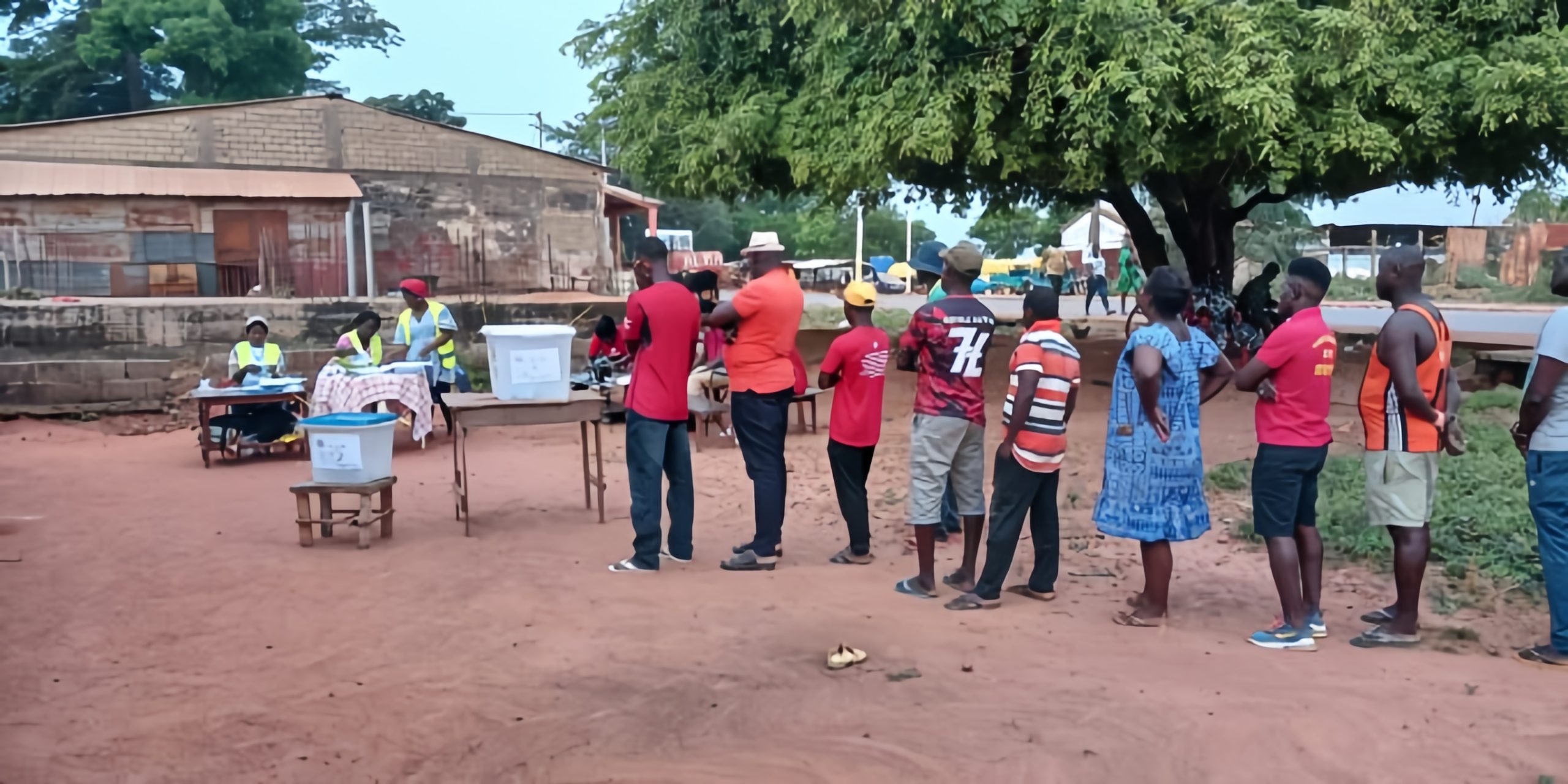
Reporters from the eyewitnesses confirmed a timely opening, attending the start of voting at 7:00 AM at Polling Station No. 03 in the Antula neighborhood of Bissau.
The Presidential Race Dynamics
The presidential ballot features 11 candidates, a reduction from the initial 12 after the independent candidate Siga Batista withdrew and threw his support behind fellow independent Fernando Dias da Costa.
The field of candidates includes several prominent figures, including the incumbent, Umaro Sissoco Embaló, who is running for re-election with the backing of the Republican Platform “Nô Kumpu Guiné.”
The other prominent figure and serious contender is Fernando Dias da Costa, who is supported by the PAI TERRA RANKA and Cabas Garandi coalitions.
Former president José Mário Vaz Backed by COLIDE-GB, former prime minister Baciro Djá, supported by FREPASNA, and João Bernardo Vieira, backed by PALDG, are the other challengers of Embalo in this election.
Other candidates include Honório Augusto Lopes (FLING), Mário da Silva Júnior (OCD-ER), Herculano Armando Bequinsa (independent), Gabriel Fernando Indi (PUSD), João de Deus Mendes (independent), and Mamadu Iaia Djaló (APR).
A Highly Important Legislative Contest for 102 Seats
For the legislative elections, the Supreme Court of Justice validated the candidacy of 13 political parties and one electoral coalition competing for the 102 seats in the National People’s Assembly.
Notable contenders for the parliamentary majority include the Patriotic Front for National Salvation (FREPASNA), the African Party for Freedom and Development of Guinea (PALDG), the pro-Embalo formation of the Republican Platform Coalition (Nô Kumpu Guiné), and the Civic Organization of Democracy–Renewed Hope (OCD-ER).
The outcome of the legislative contest is paramount, as the party or coalition with the largest representation will be tasked with forming the new Government and setting the country’s legislative and administrative agenda for the coming term.



